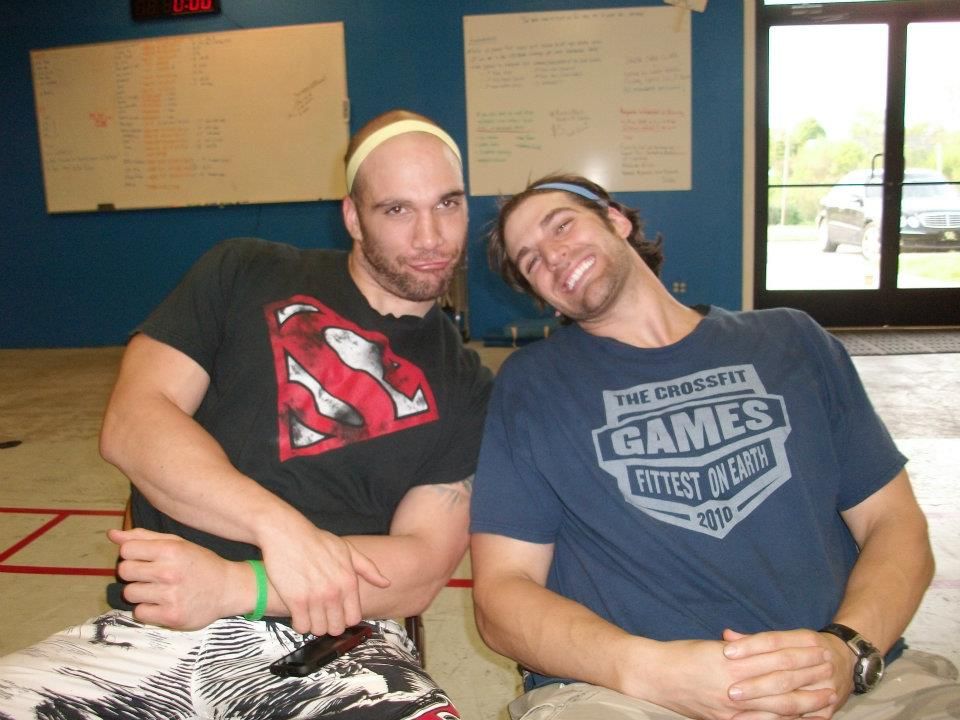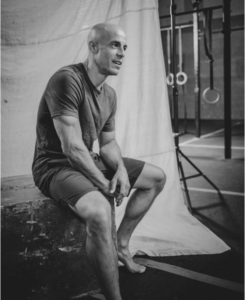On Voluntary Hardships
Once December was a month; now it is a year. – Seneca
Seneca wrote volumes of letters chocked-full of [Stoic] wisdom. And I am wont to describe the holiday season with a more befitting quip. It’s true, unlike any other season, the weeks preceding the calendar change are laced with parties and friends, food and family, and celebratory landscapes riddled with pitfalls (for health-minded people). As a consequence, we fall in. We crawl out. Then proceed as quickly as possible to the next bottom of the next pit. It is, this sort of self-defeating-yet-deliciously-rewarding behavior, almost as predictable as the local radio station’s 48-hour playlist from December 24th through 25th. In other words: it’s normal, it feels good and presents alongside a healthy dose of nostalgia.
From my vantage, the problem starts festering in the cold and gray weeks that follow. The epicurean fountain runs dry and we find the burning flame of the holiday hobnob snuffed-out, lickety-split. The habits developed in previous months are more challenging than they were before. The blandness of ‘healthy’ food, of a more muted social calendar, and the midwinter bleakness of January sits heavily atop our existence. It’s suffering (or the closest thing to suffering we modern Westerners experience) and feels as if we’re on the wrong side of a bad punchline. Now, isn’t this is the season for resolution? And, more, what’s the point of this unnecessary hardship?
In the 1930s, Victor Frankl, a man more familiar with suffering than any of us, developed a theory of logotherapy. Before he could apply it in his psychiatric practice or present it in book form, he and his family were hauled off to a Nazi concentration camp (his family didn’t survive, he did). Through his hardships there, he experienced the dramatic power of his logotherapy. In short, logotherapy is founded upon the idea that humans are motivated by the search for a purpose in life. In his case, brutal suffering ceased to be suffering at the precise moment he found some meaning to it.
* Let me assure everyone, I am not nor would I ever liken the challenges of diet and lifestyle to those of a death camp. Woe is anyone to make light the horrors of the Holocaust.
It’s from Frankl’s lesson’s that we might all better answer to suffering’s purpose. The upcoming Outlier Lifestyle Challenge is sure to present plenty of hardship. Some asks will certainly make you uncomfortable. It’s during these times that I simply suggest we choose to endure them both happily and voluntarily. According to Frankl, we can discover powerful meaning in life in three different ways:
- By creating a work or doing a deed
- By experiencing something or encountering someone
- By the attitude we take towards unavoidable suffering
In the weeks to come, you can expect challenges from outside the fitness box. We will ask you to make sacrifices. But we believe that gratification delayed is a sort of greater gratification. If nothing else, start by conceptualizing the highest good you can – fitness or otherwise. Then ceaselessly strive to attain it. Frankl calls that tragic optimism; beholding the best of our human nature – the ability to turn suffering into human achievement. An empowering concept, indeed.
Where is what you most want to be found? Where you are least likely to look.
(In sterquiliniis invenitur)
G-
Frankl, V. E., Lasch, I., Kushner, H. S., & Wnislade, W. J. (2015). Mans search for meaning. Boston, MA: Beacon Press.
Seneca, L. A., & Campbell, R. (1969). Letters from a Stoic. Harmondsworth: Penguin Books.
The post On Voluntary Hardships appeared first on 10 Experience.
Previous Posts









